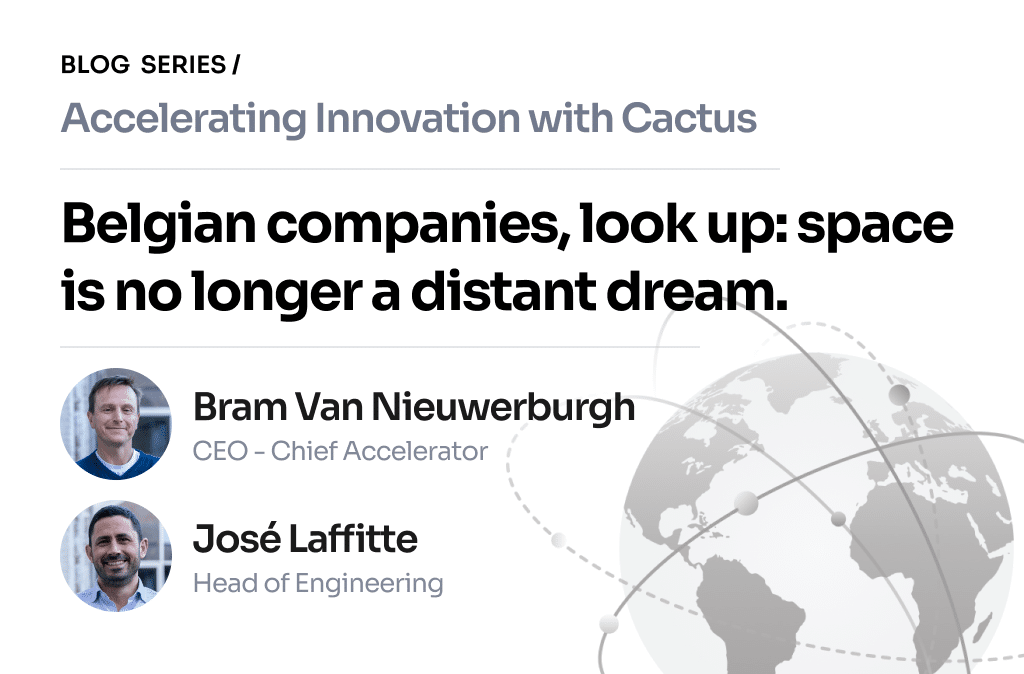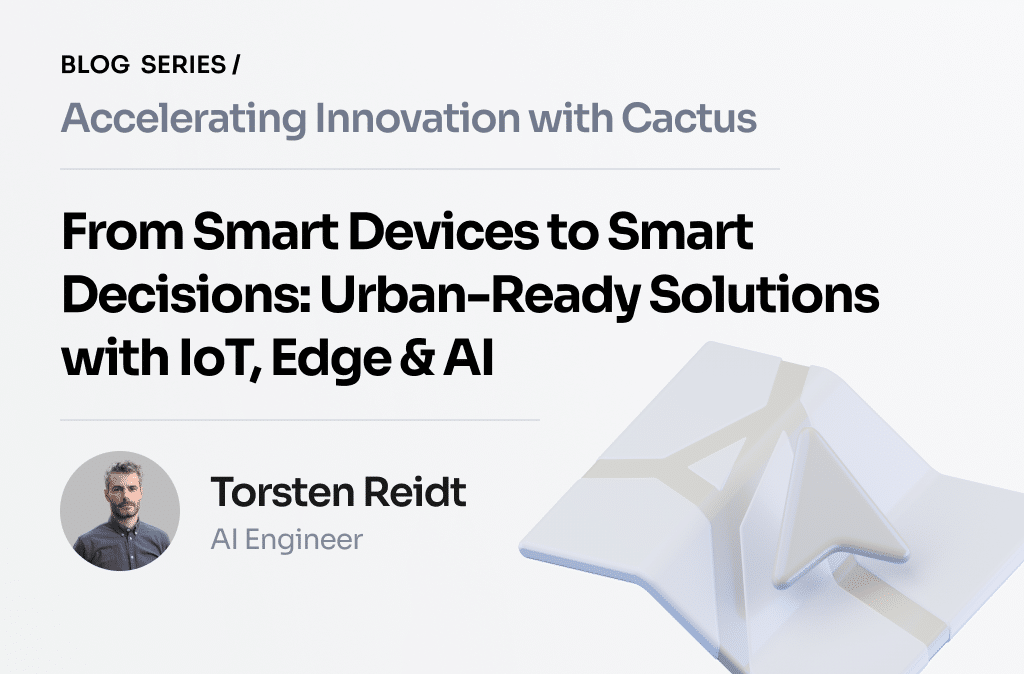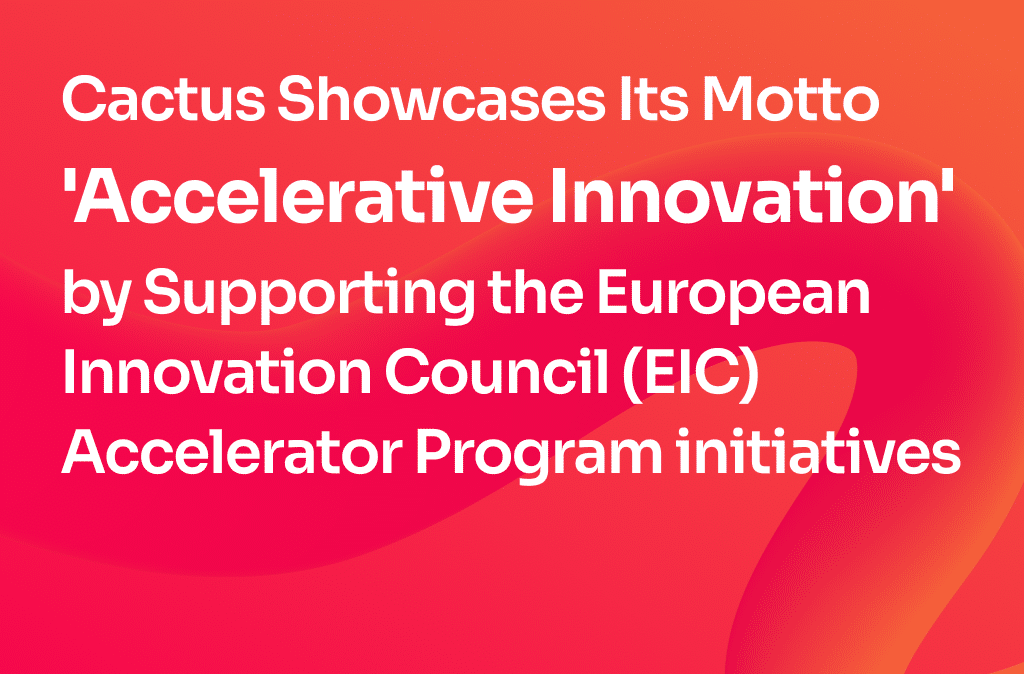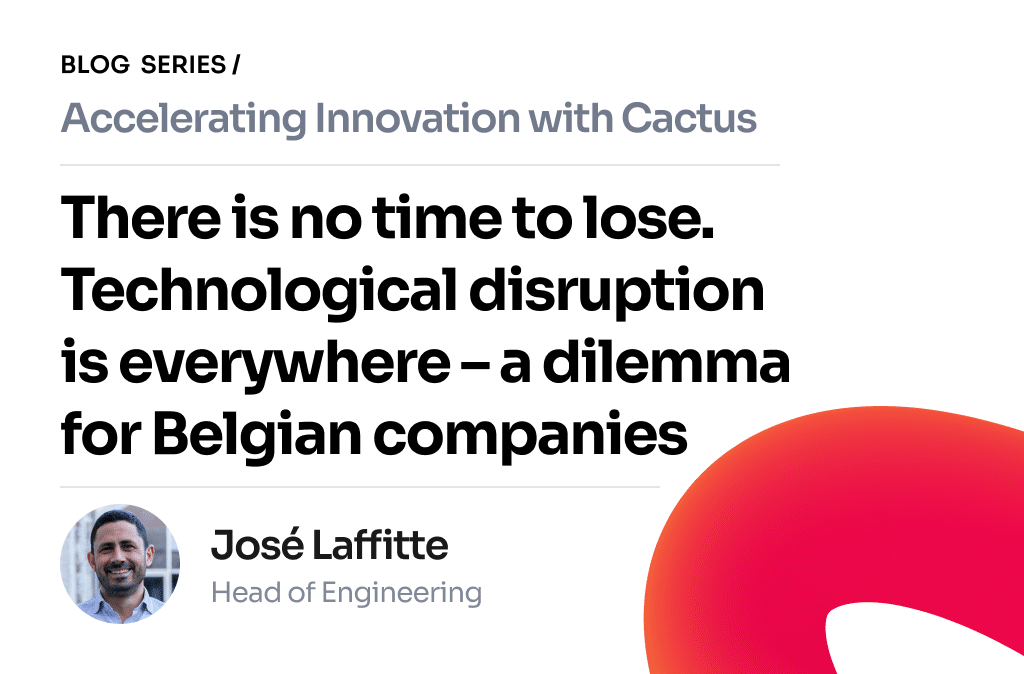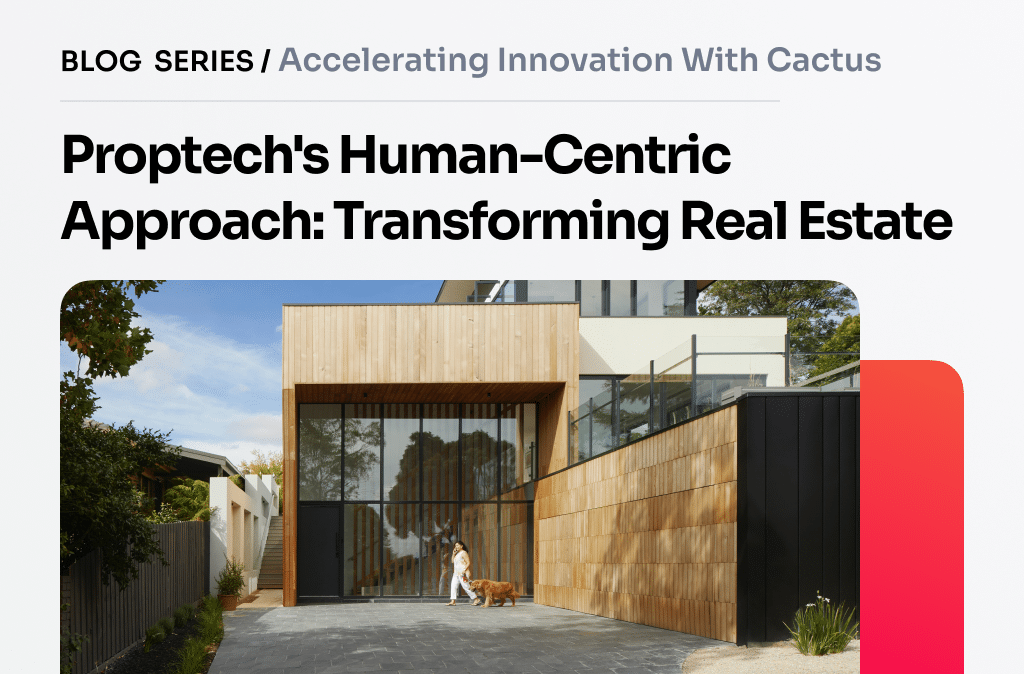Artificial Intelligence (AI) is one of the most rapidly growing and game-changing technological advancements of our time. AI has the potential to change the world in ways that we have never imagined and to revolutionize industries, businesses, and our daily lives.
As Sundar Pichai, Google CEO predicted: ”AI is one of the most profound things we’re working on as humanity. It’s more profound than fire or electricity”.
Still, AI is not something new. Already 60 years ago, a group of scientists gathered for the Dartmouth Summer Research Project on Artificial Intelligence predicted that “every aspect of learning or any other feature of intelligence can be so precisely described that a machine can be made to simulate it”. Since then, AI has gone through multiple peaks and valleys, where both the lack of data to train the models and the training being computationally too intense became too big hurdles to overcome. This started changing 15 years ago, when the amount of training data exploded (as people posted endless photos online, and endless words of prose too) and processing got cheap and fast through new architectures and devices. Coupled with some clever neural network engineering ideas, deep learning in the 2010s became really good at doing pattern recognition.
Top academies like MIT and Harvard have a consensus that AI is scoring at the top of tech trends nowadays. Similarly, Artificial Intelligence, Machine Learning and Neural Networks are on the top of the list for game-changing technologies according to reputed consultancy and expert companies like Mckinsey or Boston Consulting Group.

In November 2022, OpenAI – one of the world’s leading artificial intelligence research companies– released the text generator ChatGPTand the image generator DALL-E 2. ChatGPT is based on Generative AI (GenAI), which is the part of Artificial Intelligence that can generate all kinds of data, including audio, code, images, text, simulations, 3D objects, and videos… All are based on simple inputs from the user. It takes inspiration from existing data and generates new and unexpected outputs, breaking new ground in the world of product design, art, and many more.
The release of ChatGPT to a broad audience has caused a cascade effect where the biggest tech companies in the world are taking immediate action to try to rectify and win this AI race. Straight away, Microsoft announced a 10 billion-dollar investment in OpenAI, integrating chatGPT into the browser Edge and Bing. In this way, they threaten Google’s supremacy in web searching for the first time.
Not only the big tech companies are looking into this technology. AI is getting everywhere, enabling possibilities, features and applications never seen before. Artists, poets, and novelists see this technology as a threat (or an opportunity) for their own businesses. The way we do marketing, software, design, architecture, engineering, documentation, learning and even legislation is changing and will continue evolving, enabled by the immense number of opportunities AI brings. One can wonder if an AI could ever replace a human being. This question assumes that AI and humans have the same qualities and abilities, but they don’t. AI-based machines are fast, more accurate, and consistently rational. Humans are intuitive, emotional, and culturally sensitive. And it’s exactly these abilities which make us effective. We will evolve into a society where human beings and companies that understand and use AI for their benefit will survive, and the ones that miss the boat will struggle to keep their head above the water. Pure Darwinism applied to business.
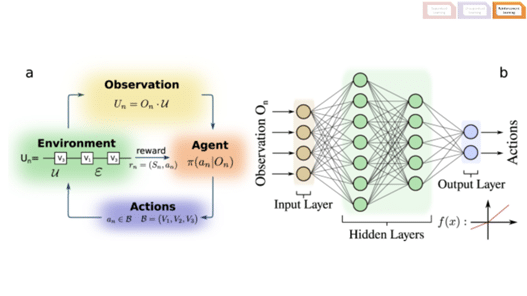
Governments are already reacting. The European Commission is creating a precedent and innovating in regulating AI as it did with the General Data Protection Regulation (GPDR). Next to that, they are working on a legal framework for AI, aiming at making the EU a world-class hub for AI and ensuring that AI is human-centric and trustworthy. Such an objective translates into the European approach to excellence and trust through concrete rules and actions.
At #CactusSoft we recently started a company training program on AI, as part of our Inspiration Sessions series. During the CactusSoft Inspiration Sessions, in line with our continuous learning culture, we schedule each month a master class for the whole company about a topic of interest in technology like Cybersecurity, Distributed Systems and Digital Identity, Leadership, Cooperative Finances, Project management… delivered by an industry/tech expert.
This week we concluded a number of sessions in AI provided by Stijn Geuens, an ML and AI expert with broad experience both in the research and in the industry: an eye-opener for many of us into his technology and the opportunities it brings! Many thanks to @Stijn, for sharing your knowledge with us!
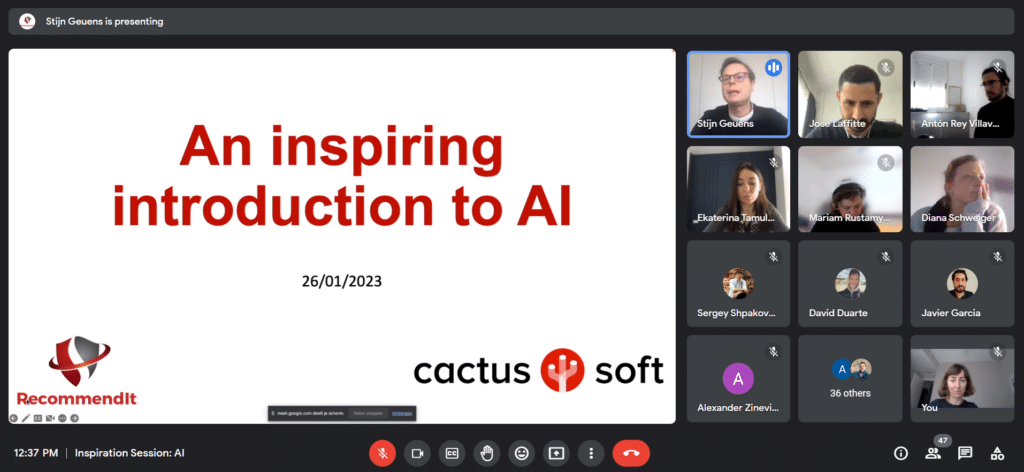
It is time to get into motion now. For those newbies in the subject, Google offers very interesting learning material about AI at ML@Google. Plenty of material is available, but we also recommend this online book in which the author explains everything about Neural Networks and Deep Learning.
CactusSoft has AI experts in different domains including natural language processing (NLP), image classification and object recognition, AI for Earth Observation images, and even for complex algorithms for communications.
Do not miss the boat and count on us to apply AI to your products to enable new applications and great possibilities!

